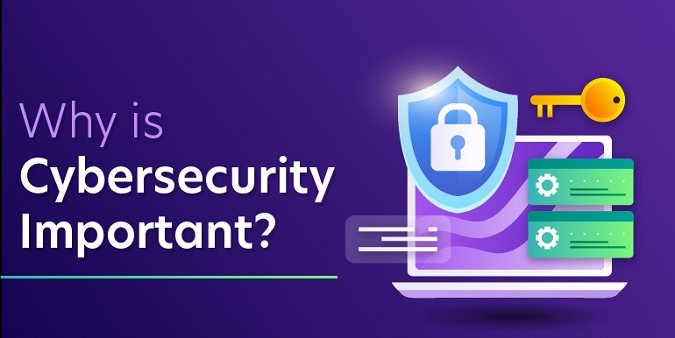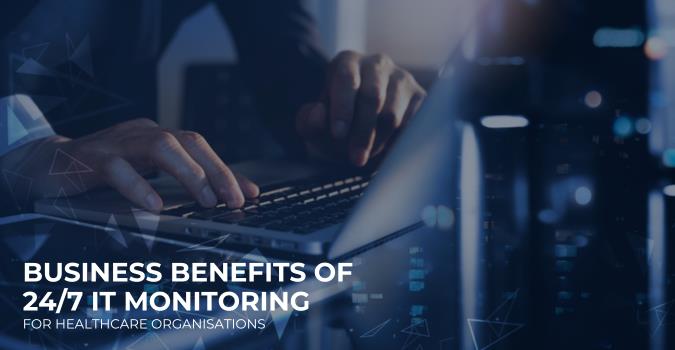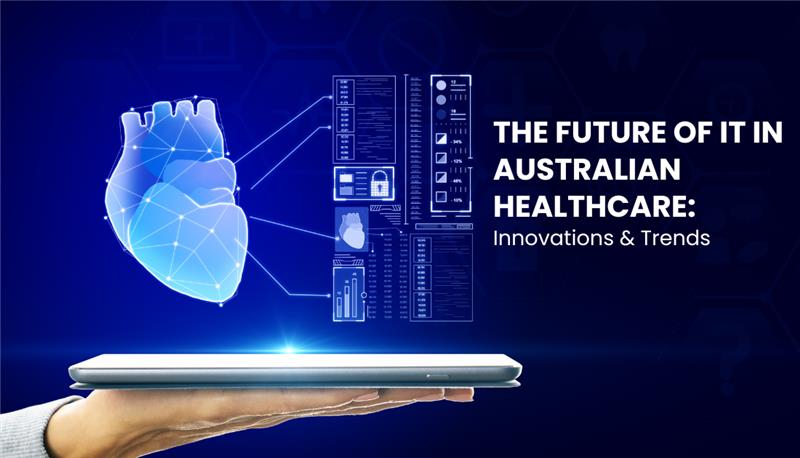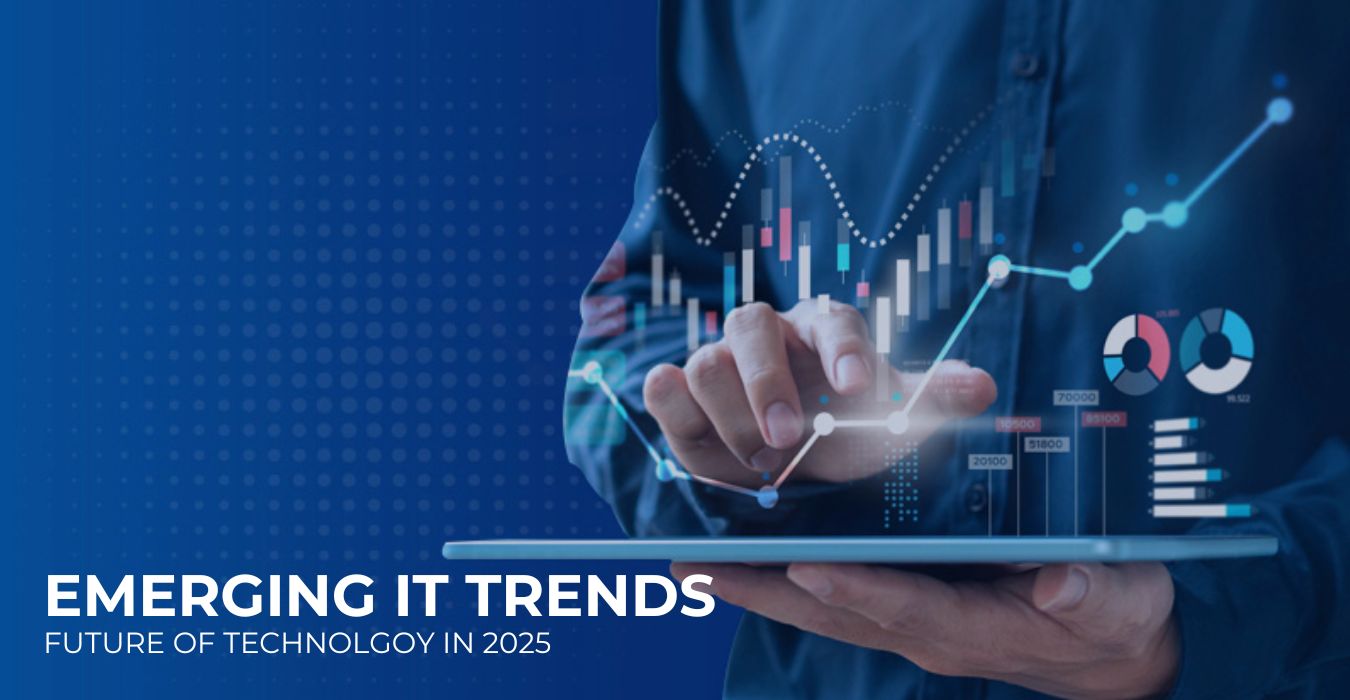Healthcare organisations rely on robust IT systems to manage patient records, facilitate telemedicine and support…

Importance of Cyber Security in Healthcare and Medical Devices
As technology is advancing, Medical Devices like insulin pumps and pacemakers have become more sophisticated. It’s high time to focus on cyber security in healthcare because medical devices’ security very is critical and due to software updates hackers can attack and steal data.
Cyber-attacks on healthcare centers’ IT systems have become more prevalent than ever. Only quick and easy cyber security risk assessment can help healthcare organizations what may be their risks. After that, they need to implement powerful cybersecurity solutions for their healthcare practices.
Why Cyber Security in Healthcare Is Important?
Consumer and professional medical devices are widely using technologies like artificial intelligence, wireless connections, cloud services, and more. Many of these technologies aren’t suitable to use in medical devices.
Still, in the coming years, we will see these healthcare devices being used in a diverse range of professional private and government settings. Therefore, cybersecurity in healthcare settings will observe new security ramifications as the cyber threat environment is evolving.
With a new cyber environment comes new vulnerabilities for healthcare technology. Similarly, medical devices are more exposed to the danger of cyber-attacks from across the larger IT ecosystem.
Industry Trends in Medical Devices and Healthcare Technology in Australia
The number 1 trend in medical technology is increased patient control and experience. Patients expect quality healthcare as they are rounding up over their patient experience. They have more power to easily make decisions with the increased access to data.
Secondly, cyber security in healthcare devices is end-to-end integrated and it provides medical staff to focus more on the patients. Global connectivity has transformed our world into a global village with access to data and products. But this global connectivity also means that hackers from around the world can target you.
Medical devices are remotely connected which leads to new cyber considerations like the Internet of Things (IoT) vulnerabilities which not only involves information but also physical threats.
Why Healthcare Organizations Are at Higher Risk?
Hackers consider medical practices a very profitable target. Because they have medical records that are ten times more valuable than other data like financial details.
The healthcare systems in Australia are also at high risk as most of them couldn’t afford high-end technology and professional support. Even a comparatively naive attack can disrupt most of our hospitals and healthcare settings because medical practices don’t follow the fundamental cyber security best practices. Today, cybercriminals have made viruses and ransomware more damaging than WannaCry.
Healthcare practices need to protect their data and IT systems by inspecting their systems for cyber security vulnerability. If any vulnerabilities are found (which will happen in most cases), they should determine the key reasons for them. Many hospitals are still using supporting systems and don’t apply security patches regularly because of their tight budget.
The Australian healthcare sector should improve its understanding of the dangers related to cyber threats. It needs to understand that with innovations in technology comes a greater risk of cyber disruption.
Protect Your Healthcare Centre with Better Cyber Security
Healthcare systems need to use the latest technologies to combat cyber-attacks. There is ransomware protection software available that can detect ongoing ransomware attacks, immediately fire them and retrieve any data lost. Moreover, you should consider cyber threats as a mission and deliberate risk management issue. Try to hire one employee solely to lead the cyber security plan and give him/her more power to take action effectively.
On top of that, your staff should be updated regularly on your hospital’s strategic IT risk profile. It should also include updates about the cyber security team vigorously taking sufficient measures to alleviate the always growing cyber risk.
With all that being said, remember that the highest protection comes from introducing patient protection-focused values of cybersecurity. It helps healthcare practices to use their existing culture of patient care to create a harmonizing culture of cybersecurity. At such a place, healthcare workers work as active protectors of patients’ data.
Conclusion
Cybersecurity in healthcare is an ever-changing challenge where criminals are honing their skills every passing minute. Unfortunately, the healthcare sector is their favorite target.
Healthcare centers and practices need to conduct a cybersecurity risk assessment to check their health score and implement cybersecurity solutions and constant monitoring. It seems difficult but it will incredibly reduce cyber risk to your organization.
If you run a medical practice in Sydney, Australia, and looking for cyber security services to protect your critical patients’ data, we are here for you. Contact our IT support team to get the best cyber protection for patients’ data and your IT systems.
Also read:
How to Conduct a Cybersecurity Risk Assessment for your Practice?




